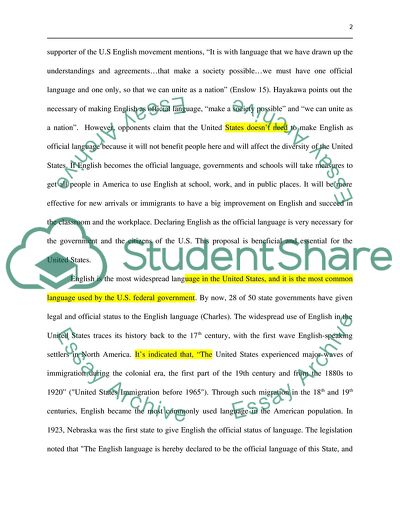Cite this document
(Making English The Official Language In The United States Case Study, n.d.)
Making English The Official Language In The United States Case Study. https://studentshare.org/english/1777916-making-english-as-official-language
Making English The Official Language In The United States Case Study. https://studentshare.org/english/1777916-making-english-as-official-language
(Making English The Official Language In The United States Case Study)
Making English The Official Language In The United States Case Study. https://studentshare.org/english/1777916-making-english-as-official-language.
Making English The Official Language In The United States Case Study. https://studentshare.org/english/1777916-making-english-as-official-language.
“Making English The Official Language In The United States Case Study”. https://studentshare.org/english/1777916-making-english-as-official-language.


